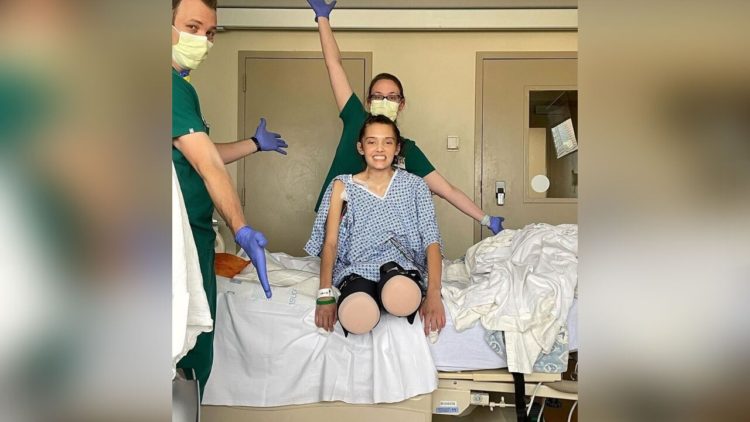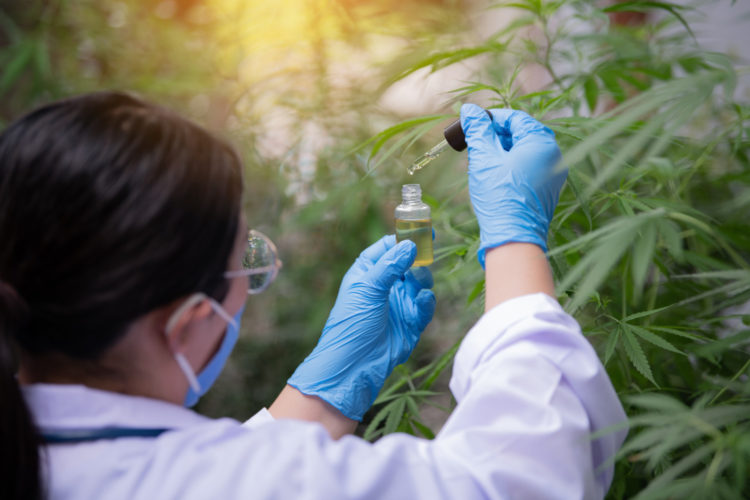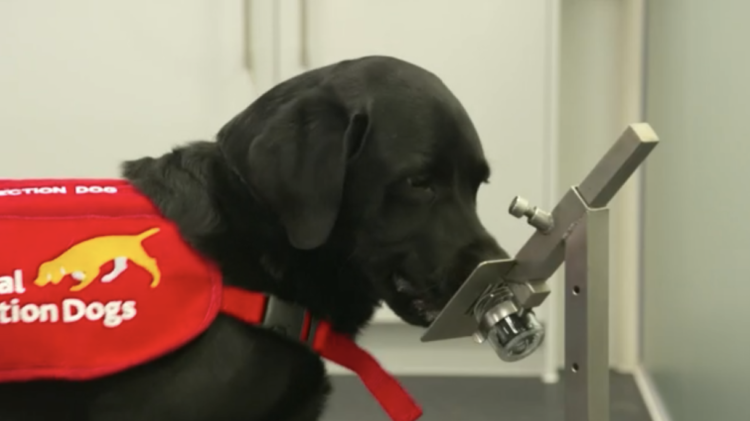What you need to know about going cashless during the coronavirus outbreak
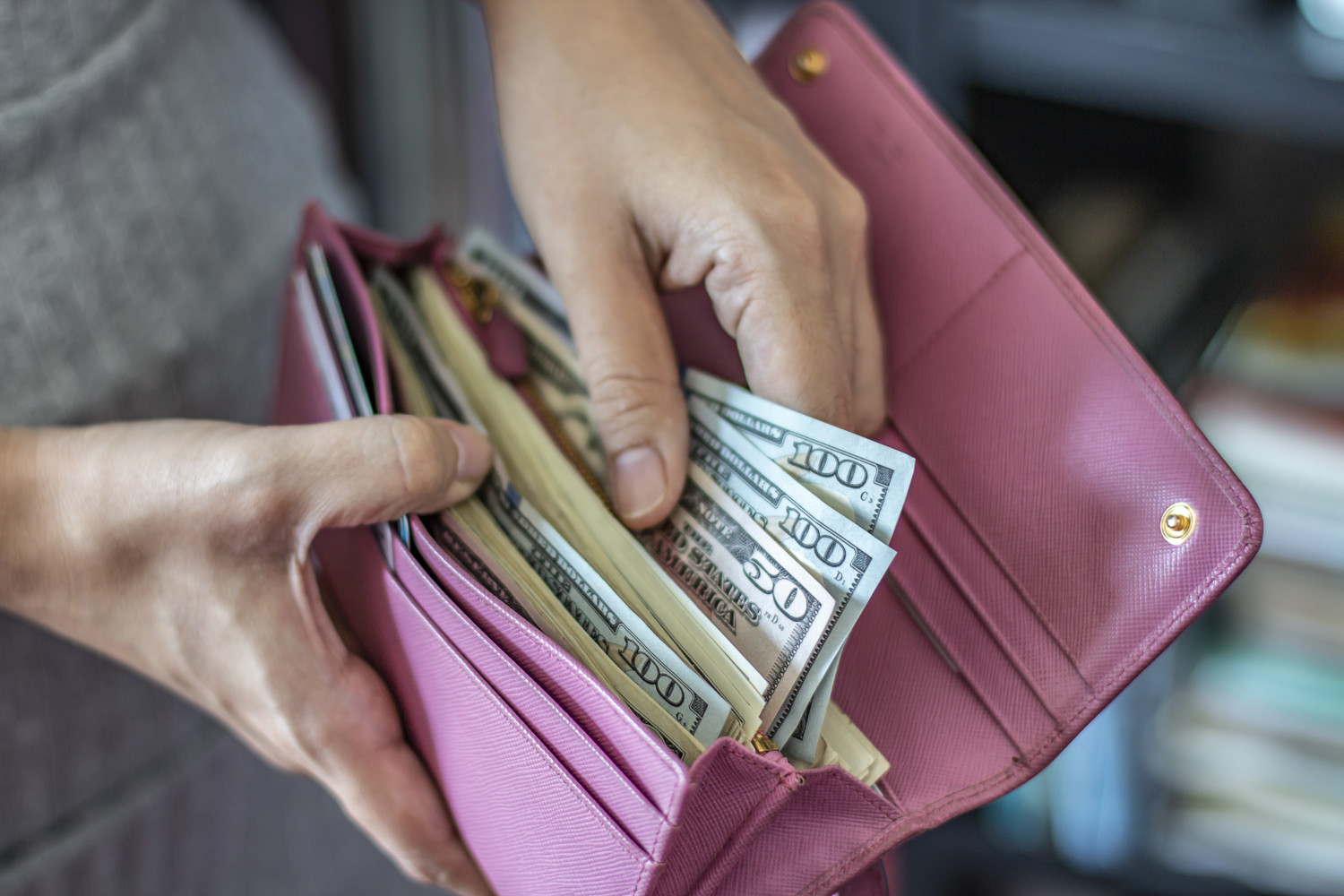
As scientists and health professionals continue to study the new coronavirus, and businesses respond to the COVID-19 outbreak (Starbucks has temporarily stopped filling mugs people brought from home), a new question has emerged about whether the new virus could be transmitted when you pay for something in cash versus a cashless method, like credit card or Apple Pay.
It’s not an unfounded concern. China has been disinfecting and destroying paper currency to tamp down transmission via cash in regions hit hard by the virus.
Plus, cash is a known carrier of germs. Paper money is particularly good at capturing bacterial pathogens, Scientific American reports. But the new coronavirus is a virus, not a bacterial infection.
However, scientists have found that viruses can live on hard surfaces for varying amounts of time, and they’re still not sure how long this coronavirus lives on objects.
“It is not certain how long the virus that causes COVID-19 survives on surfaces, but it seems to behave like other coronaviruses,” WHO explains on their coronavirus Q&A page. “Studies suggest that coronaviruses (including preliminary information on the COVID-19 virus) may persist on surfaces for a few hours or up to several days. This may vary under different conditions (e.g. type of surface, temperature or humidity of the environment).”

The Centers for Disease Control notes that the virus is mainly spread via person-to-person transmission.
“It may be possible that a person can get COVID-19 by touching a surface or object that has the virus on it and then touching their own mouth, nose, or possibly their eyes, but this is not thought to be the main way the virus spreads,” the site reads.
Adding to the confusion over whether cash can carry the virus is a story from the Telegraph, which reported that a WHO spokesperson had suggested going cashless. However, another WHO spokesperson countered that, telling CNBC that the organization hadn’t issued any warnings or statements about whether to use cash. The spokesperson reiterated the advice we’re hearing from medical professionals everywhere: wash your hands after handling cash. Also, don’t touch your face.
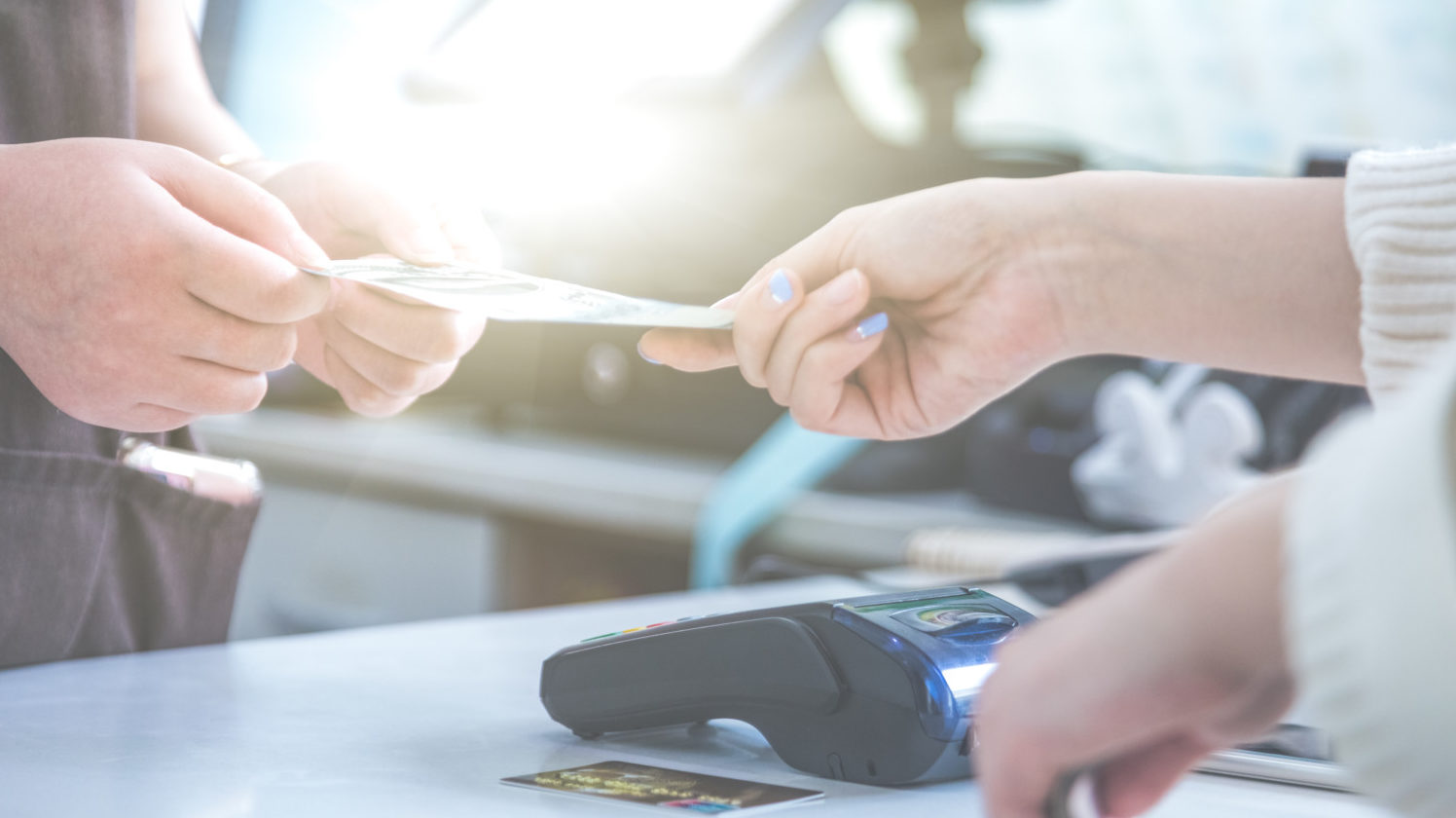
Harvard Health Publishing says it is still unclear how long the virus that causes COVID-19 can live on a soft surface, such as fabric or carpet, but so far, evidence suggests it can be transmitted less easily from soft surfaces than frequently-touched hard surfaces, such as a door handle or elevator button.
Meanwhile, the U.S. Treasury has not made any statements about currency and the new coronavirus.
WHO says if you think any surface may be contaminated, you should clean it with disinfectant, then clean your hands by washing them in soap and water or using an alcohol-based sanitizer.



